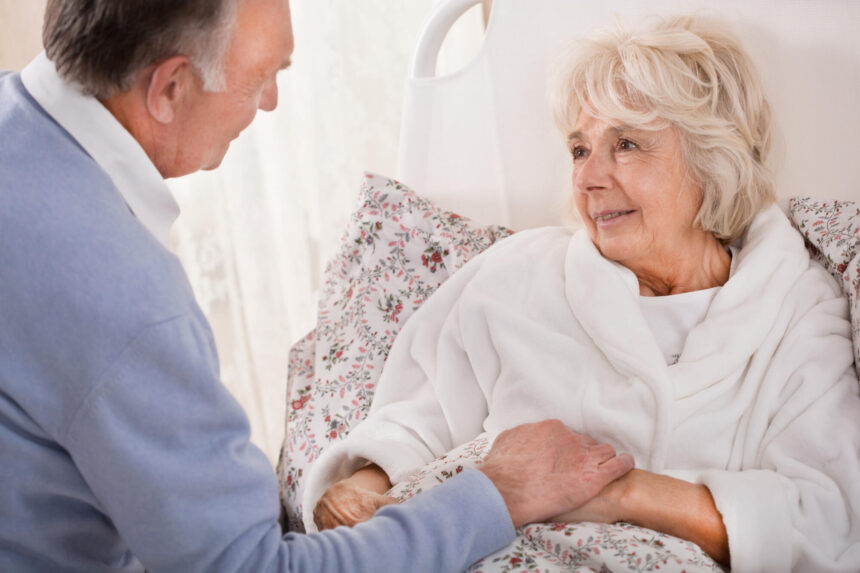Loss is part of aging, but that doesn’t make it easier. Seniors often experience the death of a spouse, close friends, or siblings.
These changes affect emotional health in deep and lasting ways. It can also bring confusion, fear, and even physical issues.
Support systems become even more important during this stage of life. Read on to explore the emotional impact of loss in seniors and learn ways to support healing and resilience.
Grieving Takes Many Forms
Grief is not the same for everyone. Some seniors cry often, while others stay silent. There may be changes in sleeping or eating habits. Some lose interest in hobbies or socializing. Others feel anxious or unsure about the future.
Understanding these signs helps in offering the right kind of support. Grief can also resurface months or years later. It’s important to check in regularly, not just right after a loss.
Loss Can Affect Physical Health
Emotional stress often impacts the body. Seniors might experience fatigue, headaches, or stomach issues. Existing health conditions can worsen under stress. Some may neglect medications or skip meals.
Without support, their physical decline can accelerate. Early attention to these changes can help prevent bigger issues. Loss can also reduce motivation to stay active or attend appointments. Caregivers should watch for signs of neglect in daily routines.
Loneliness Often Follows Loss
Losing a loved one can leave a big hole in daily life. The house may feel too quiet. Days may pass without much human interaction. Seniors may feel forgotten or isolated. Reaching out becomes difficult when grief sets in.
Addressing loneliness is key to emotional recovery. Social isolation can lead to depression and even cognitive decline. Regular connection, even brief, can ease this emotional weight.
Routine and Purpose Become Hard to Maintain
Loss can disrupt structure. Daily routines feel meaningless without the person who shared them. This can lead to disconnection and hopelessness. Seniors may stop doing simple tasks or lose track of time.
Helping them find new habits or meaningful activities is essential. A focus on rebuilding connection and purpose after loss can make a real difference. Reintroducing familiar routines can bring a sense of control. Small responsibilities, like caring for a plant or pet, can restore confidence.
Memories Can Bring Both Comfort and Pain
Looking back can spark joy but also bring tears. Old photos, songs, or places may trigger emotional responses. Seniors may need space to process these memories.
Sharing stories can help, but only when they’re ready. Encouraging open conversations can ease the burden. This helps balance the weight of grief with healing.
Creating memory books or tribute projects can channel emotions in a healthy way. Supporters should avoid rushing or minimizing these feelings.
Support Systems Are Critical
Family, friends, and caregivers play a major role. Regular visits, phone calls, or shared meals can offer comfort. Community groups or grief support sessions may also help.
Seniors need reminders that they are not alone. Emotional support must be consistent, not just one-time. Simple acts of kindness often carry the most impact. Involving them in decision-making can restore confidence.
You Should the Emotional Impact of Loss in Seniors
Grief is part of life, especially in later years. For seniors, it can be overwhelming without strong support. Recognizing the emotional impact of loss in seniors is the first step.
From physical changes to social withdrawal, the effects run deep. But with patience, connection, and compassion, healing can begin.
Seniors can find new purpose and slowly regain peace. Understanding their journey helps us walk beside them with care.
To read more, visit our blog!















